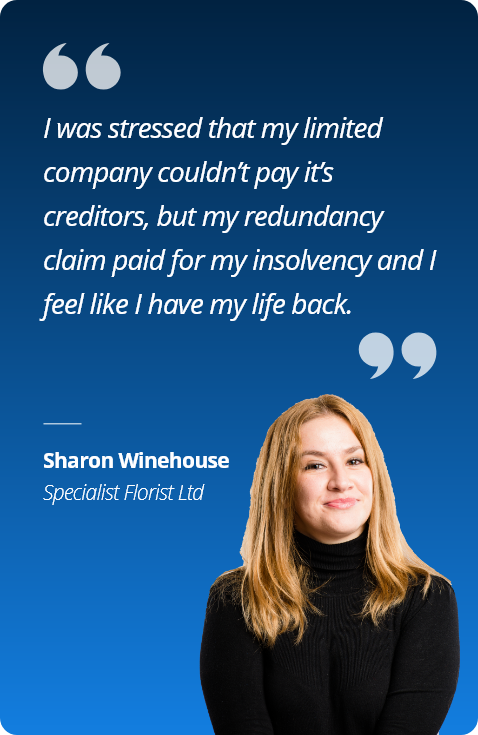Should a director pay themselves PAYE or dividends?
Posted on: Wednesday 3rd March, 2021

Understanding the differences between salary and dividend payments from your business
Limited company directors have a choice of ways in which to pay themselves. They can take a salary through PAYE, receive dividends throughout the year, or use a tax-efficient combination of the two.
There are pros and cons related to both PAYE and dividends when each is used in isolation, which is why blending PAYE with some dividend payments in a ratio that suits a director’s own personal tax situation, is often the best way to be paid.
So let’s look at the considerations for director pay, including any restrictions and allowances relating to PAYE or dividend payments, and why the approach described above may be the most appropriate.
Should directors pay themselves through PAYE?
The tax-free personal allowance for 2020/21 is £12,500, so directors can earn up to this amount without paying any tax. If directors are placed in the higher rate tax band (£50,001 to £150,000 of taxable income) they pay 40% tax on earnings over the personal allowance.
This rises to 45% for additional rate taxpayers, so clearly, taking a full salary through PAYE is inefficient from a tax point-of-view.
Director pay via dividends
Directors can pay themselves dividends as long as there are sufficient distributable profits available to support the payments. If not, and dividends are taken regardless, they’ll be treated as illegal dividends if the company becomes insolvent and has to be liquidated.
This is particularly relevant in these times of coronavirus where businesses are struggling to deal with severe economic uncertainties and restrictions on trade. A tax-free dividend allowance of £2,000 (2020/21 tax year) also exists, and taking the higher rate tax band as an example, dividend payments over this threshold would be taxed at a rate of 32.5%.
Government coronavirus grants
A key factor during the pandemic for directors taking their pay solely through dividends has been ineligibility for certain coronavirus-related grants and schemes introduced by the government in 2020. Directors are able to furlough themselves using the Coronavirus Job Retention Scheme, however, they can only claim the portion of their income which was paid through PAYE, not any dividends which have been taken.
Why being on the payroll is crucial for company directors
Being on the monthly payroll of the company is crucial for directors for other reasons. Should the company enter insolvency and need to be liquidated, directors gain specific benefits from taking part of their pay in this way.
Receiving a salary under PAYE is one of the requirements for claiming statutory redundancy pay, and with the average claim for director redundancy being £9,000, it’s an issue of great significance when a company is struggling.
It’s not widely known that directors can claim redundancy, but where their company enters liquidation a redundancy payout can provide more choice over the type of liquidation, as well as greater financial stability on a personal level.
Other conditions for claiming statutory redundancy as a director include:
- Working under a contract of employment for at least two years
- Being owed money by the company – the director’s initial investment, for example
- Working for a minimum of 16 hours a week
- Fulfilling a role within the company that isn’t purely advisory
For more information on whether a director should pay themselves PAYE or dividends, CFS Redundancy Payments can help. We’ll also provide reliable independent guidance on director redundancy, and let you know whether you’re eligible.


